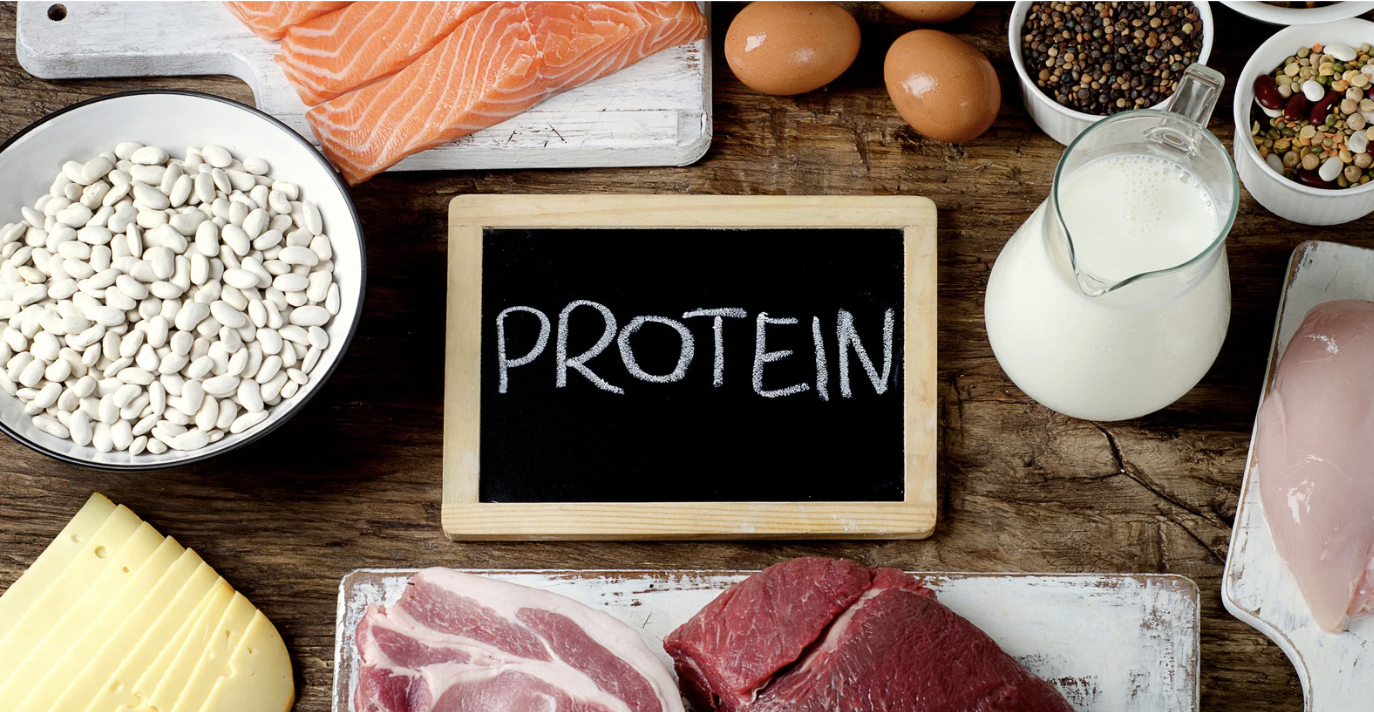
Guidelines for Regenerative Eating
Focusing on nourishing all of your cells - human and microbiota.
Eat a diet of nutrient dense fresh whole foods.
Conscious - Mindful Eating We all need all of the macronutrients - but we may need different portions sizes, and different proportions, depending on many things including genetics, current health, age, life style, activity etc. Here is some information for you to apply as general guidelines.Good Fats…
Good fats and oils are essential for health, the average person should be getting 30-40% of their dietary energy (calories) from fat. Many studies show that eating enough fat will help avoid obesity (it's unhealthy refined carbohydrates that usually contribute to weight gain). The actual amount of good fat that you need in your daily diet depends on your energy expenditure and life stage, but because fats are packed full of energy, you don't need large portions. The equivalent of 2 tablespoons good fats daily is a place to start.
Fats hold many key roles in your body:
Energy source
Structure of your cell membranes
Communication between cells – helpful for brain function!
Prostaglandins which regulate cell function are made from good fat
Skin integrity
Carry necessary vitamins A,D,E and K
Anti-inflammatory (omega 3)
Eating good fats helps ensure your healthy cholesterol production. Bad processed fats and sugars will interfere here.
Omega 3 fats are very lacking in the average western diet. Best sources are salmon, tuna, herring, mackerel, sardines, kahawai. Flaxseed is a good vegetarian option, but algae sourced omega3 has a greater ratio of omega 3 to other fats; also pumpkin seeds, chia seeds and walnuts will provide an amount of omega 3 in your diet.
Other great fats to include in your diet are extra virgin cold pressed olive oil, avocado, avocado oil, evening primrose oil, borage oil, lecithin. Butter or ghee (preferably organic) is superior to margarine - don’t go near that stuff!! Margarine is banned in a number of European countries because it is a hydrogenated or transfat, which damages cells through oxidation and causes inflammation. Coconut oil is not easily damaged and it boosts metabolism.
Avoid processed foods and any cooking oils bought in clear plastic containers. Any products known to contain hydrogenated or trans fats are spoiled fats, which damage the body.
Quality Protein…
Add quality protein to meals and snacks to provide sustained release of energy, stabilize blood sugars, support digestion and liver function and to provide the resources to build muscle, neurotransmitters and antibodies. Good sources are fish, chicken, eggs, offal and red meats. Other helpful foods that contain some protein are nuts, seeds, natural probiotic yoghurt. If you don't eat meats, legumes+wholegrains combined will provide a full protein though in much smaller amounts.
It's important to eat at least 1- 1.5 gm quality protein per 1 kg ideal body weight daily.
Protein content of some foods (this data can vary on different data bases):
Beef and Lamb 20-40% protein depending on fat content. So 80gm of good meat would give approximately 28 gms protein.
Egg approx 8 gms protein per egg (15gm per 100 gms)
Fish 26 gms protein/100 gms
Chicken 30 gms protein per 100 gms
Mussels 10 gms protein in 50 gms of mussel meat
Cooked Quinoa 4.4 gms protein per 100 gms
Raw almonds 20 gms protein per 100gm
Cooked Red Kidney beans 8.6 gms protein per 100gms
Collagen 90% protein
Pea Protein 80%
Whey 80%
Quality protein is necessary for….
Healing
Building muscle
Neurotransmitter synthesis (memory and mood)
Immunity (antibodies)
Blood sugar balance
Hormone balance
Digestion
Liver function
Avoid processed cured meats that have artificial additives and preservatives.
Whole food carbs provide you with a mix of nutrients and fibre for healthy metabolism.
Vitamins, minerals, phytonutrients - micro-nutrients found in whole food carbs are important for the digestion of those carbs, providing enzymes and cofactors for metabolism so the carbs you eat can be used as a great nutrient and energy source.
Fibre - needed to support a healthy microbiome, digestion, detoxification and bowel function.
Stored Energy - as glycogen in the liver and muscles
Minimise sugar and refined carbohydrates. These products are devoid of the essential nutrients for metabolism. Refined carbs are the main cause of weight gain and the main food for overgrowth of unwanted microbes.
Choose wholegrain if eating breads (not whole meal), avoid pastry, crackers, muslei bars, biscuits, cakes, fizzy drinks – these are refined and high in sugar, they encourage an imbalance of your microbiome.
Avoid chemical sweeteners and “lite” varieties, these add to the detoxifying work your liver has to do.
“With Rose’s knowledge and input I’ve been empowered to make life changes that have made a huge difference to both my general immunity, and my fertility - incredible turnaround!”
Disclaimer: The contents of this website are not intended to diagnose or treat any health problem or medical condition.
Health insurance claims available
I am registered with the Clinical Nutrition Association who is recognised by
NIB Health Insurance
Southern Cross Health Insurance
Accuro Health Insurance
Check your policy to see if you’re eligible





